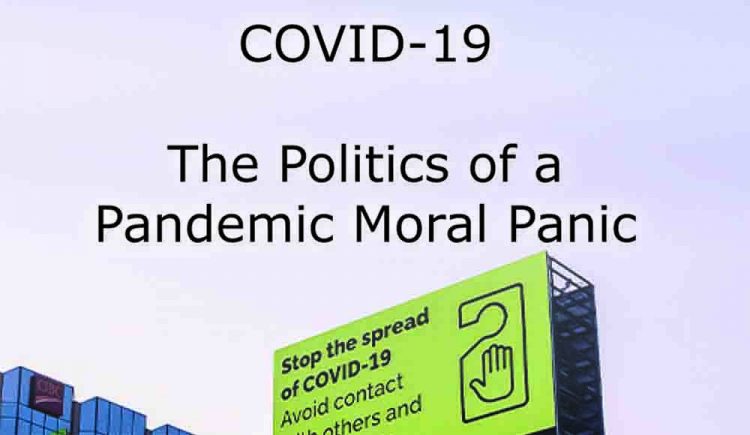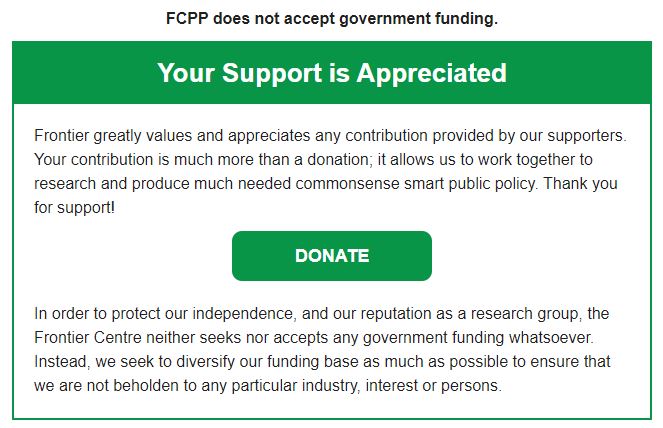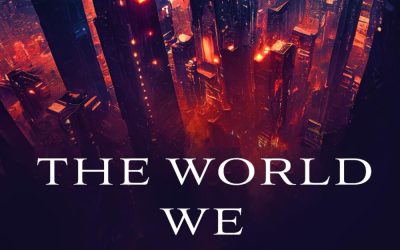COVID-19 The Politics of a Pandemic Moral Panic explores the political and social responses that have been tributary to the medical responses during the COVID-19 pandemic. What is a moral panic? The term was introduced by Stanley Cohen in his 1972 book, Folk Devils and Moral Panics, which was based on his PhD dissertation in sociology written at the London School of Economics. It is, in short, a relatively recent term in social science. The focus of any analysis of moral panic is whether an issue is distorted and exaggerated in such a way as to produce an obvious over-reaction on the part of social and political authorities. Such a process occurs in stages: (1) an event or perhaps a person is defined as a threat, perhaps only a vague threat, to existing values, traditions, or interests; (2) the event is simplified; and presented in the mass (and now social) media in a stereotypical way; (3) moral barricades are manned by editors, politicians, experts, and other right-thinking people and socially authorized knowers; (4) ways of coping with the disturbance are developed, and eventually; (5) the public profile of the disturbance, event, individual, etc., declines and is forgotten or is retained as a memory and as a diffuse or potential threat; Cohen called this aftermath a “folk devil.” The chief emotion associated with a moral panic is fear. John Lee, M.D., retired professor of pathology and a National Health Service consultant pathologist, summarized the point about the history of the virus over the past couple of decades: “The spread of viruses like COVID-19 is not new. What is new is our response.”
Barry Cooper is a Senior Fellow with Frontier Centre for Public Policy. As a fourth generation Albertan, was educated at Shawnigan Lake School, the University of British Columbia and Duke University, where he received his doctorate in 1969. He taught at Bishop’s University, McGill, and York University before coming to the University of Calgary in 1981. For the past twenty-five years he has studied western political philosophy, both classical and contemporary. Much of his teaching has focused on Greek political philosophy whereas his publications have been chiefly in the area of contemporary French and German political philosophy. Over the years he has spent considerable time in both countries, teaching and doing research.
Marco Navarro-Génie joined the Justice Centre in 2019 as Executive Vice President. Marco earned a BA from Concordia University (Montreal), and MA and PhD from the University of Calgary. He served as president and CEO of the Atlantic Institute for Market Studies (AIMS) based in Halifax (2013-2019), and was Vice President of Research at the Frontier Centre (2009-2013).




